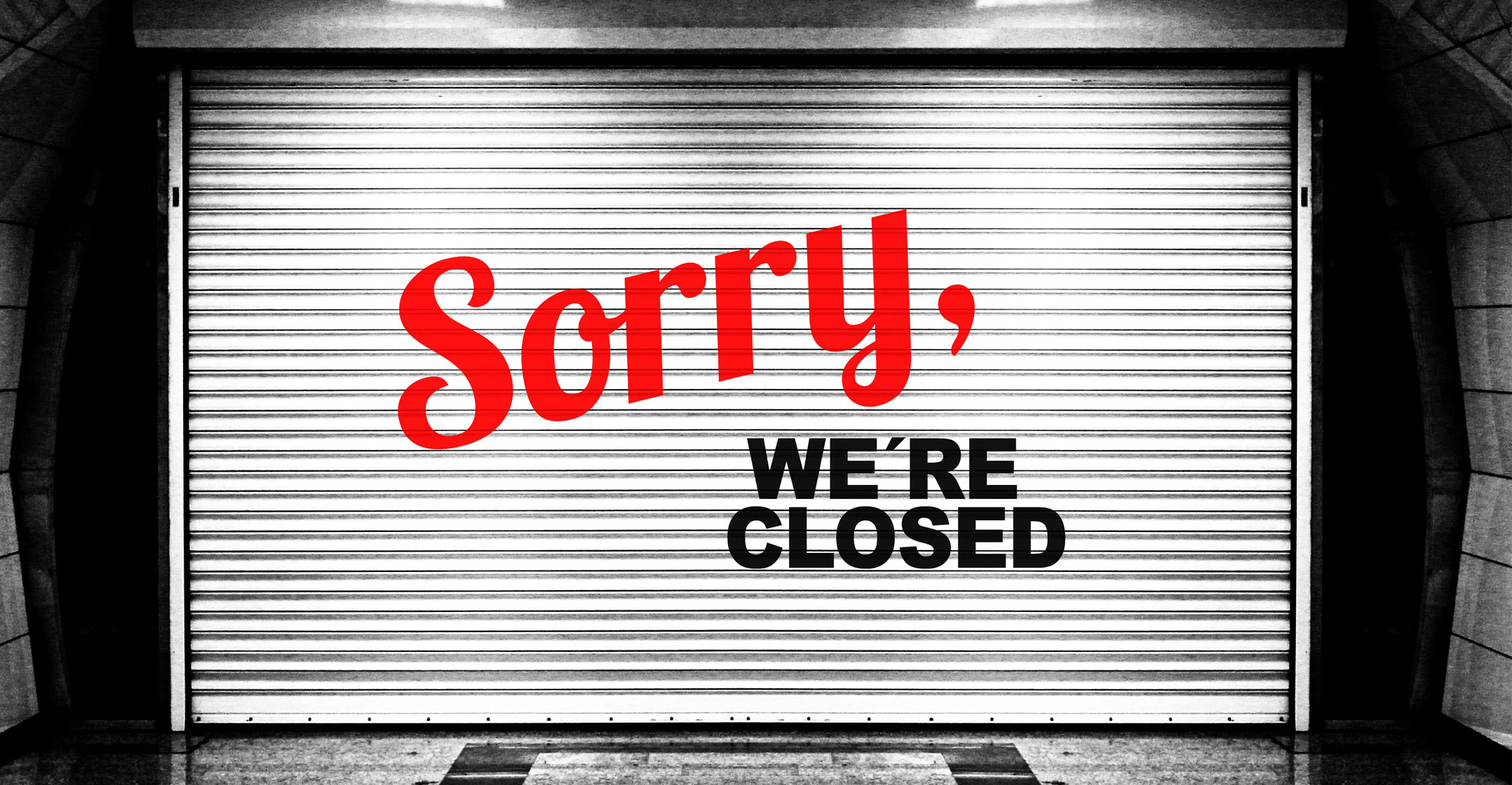 It comes as no surprise that the South African unit of Walmart, Massmart, is in talks with unions to shut down its DionWired and Masscash stores, analysts say.
It comes as no surprise that the South African unit of Walmart, Massmart, is in talks with unions to shut down its DionWired and Masscash stores, analysts say.
DionWired is the group’s electronics and appliances subsidiary, while Masscash is its wholesale division and includes cash and carry, food and cosmetics outlets.
The retail and wholesale group, which also owns Game, Makro, Rhino and Jumbo among other stores, swung to its first half-year trading loss in two decades last August, as low growth, high unemployment and a rising cost of living hurt South Africans’ spending power.
Its Massdiscounters division, the largest within the group with more than 160 stores, was the most affected. The giant retailer’s misfortunes extended to its Masscash division, with the latter recording a trading loss of R190.4-million to end-June 2019 across its African retail stores, from a loss of R4.1-million in 2018.
Massmart shares sank to a 13-year low last year.
The retailer is now expected to cut up to 1 440 jobs. According to its website, it currently employs more than 48 500 permanent and flexitime staff across the group.
Evan Walker, a retail analyst at 36One Asset Management, says the retail industry is over-saturated. He predicts more retail closures in the next five years, adding: “I wouldn’t exclude anyone.”
Over-saturated
The cash-and-carry market is also over-saturated, he says, as a lot of independent wholesalers have come into the market. He says the latter are, in most cases, better at adapting and understanding their consumers than the large traditional wholesalers.
“The independent wholesalers are opening up and surviving all the time, and they do not operate within the realms of the law like the listed wholesalers.”
Investment and market commentator Chris Gilmour believes that Massmart’s mistake was entering the food market late.
“They were a late entrant into the food market, and tried hard with Cambridge Foods,” he says. However, the retailer’s efforts were fruitless, as it made a first-time loss at Cambridge Foods last year “even though they are the most price-competitive chain in the country”.
 Gilmour says he had expected the Jumbo, Rhino and Cambridge Foods chains to do well, as they target the lower end of the market.
Gilmour says he had expected the Jumbo, Rhino and Cambridge Foods chains to do well, as they target the lower end of the market.
Alec Abraham, senior equity analyst at Sasfin Wealth, shares the same sentiments expressed by Walker and Gilmour, adding that South Africa’s low GDP has also been a major factor.
“The reality is that people do not have money, and that has been a function of the economy for the past five to 10 years — not that you can’t try and pull out tricks to try and take market share away from each other,” says Abraham.
Phumzile Siboza, brand and communication executive at Massmart, says it is evident that the group’s stores were not spared from the dire state of the economy, hence the possible downsizing announcement on Monday. “Retail performance has generally been constrained by the economy.”
She adds that 11 Masscash stores will be affected by the possible downsizing.
“Our current focus is on ensuring a fair and rigorous consultation process, in which people are free to express their views and ideas about the potential closures.”
DionWired’s possible closure comes as no shock, says Gilmour; its prices were not low enough and its marketing strategy not compelling enough to take market share from its competitors.
Victim of deflation
He says DionWired has been a victim of deflation in the consumer tech industry.
“Technology has forced prices down so much that it requires inordinately high volume growth just to stand still…” The process is ongoing.
Massmart’s share price closed 5.8% higher on Monday, indicating that the market approves of the move to rationalise.
- This article was originally published on Moneyweb and is used here with permission




